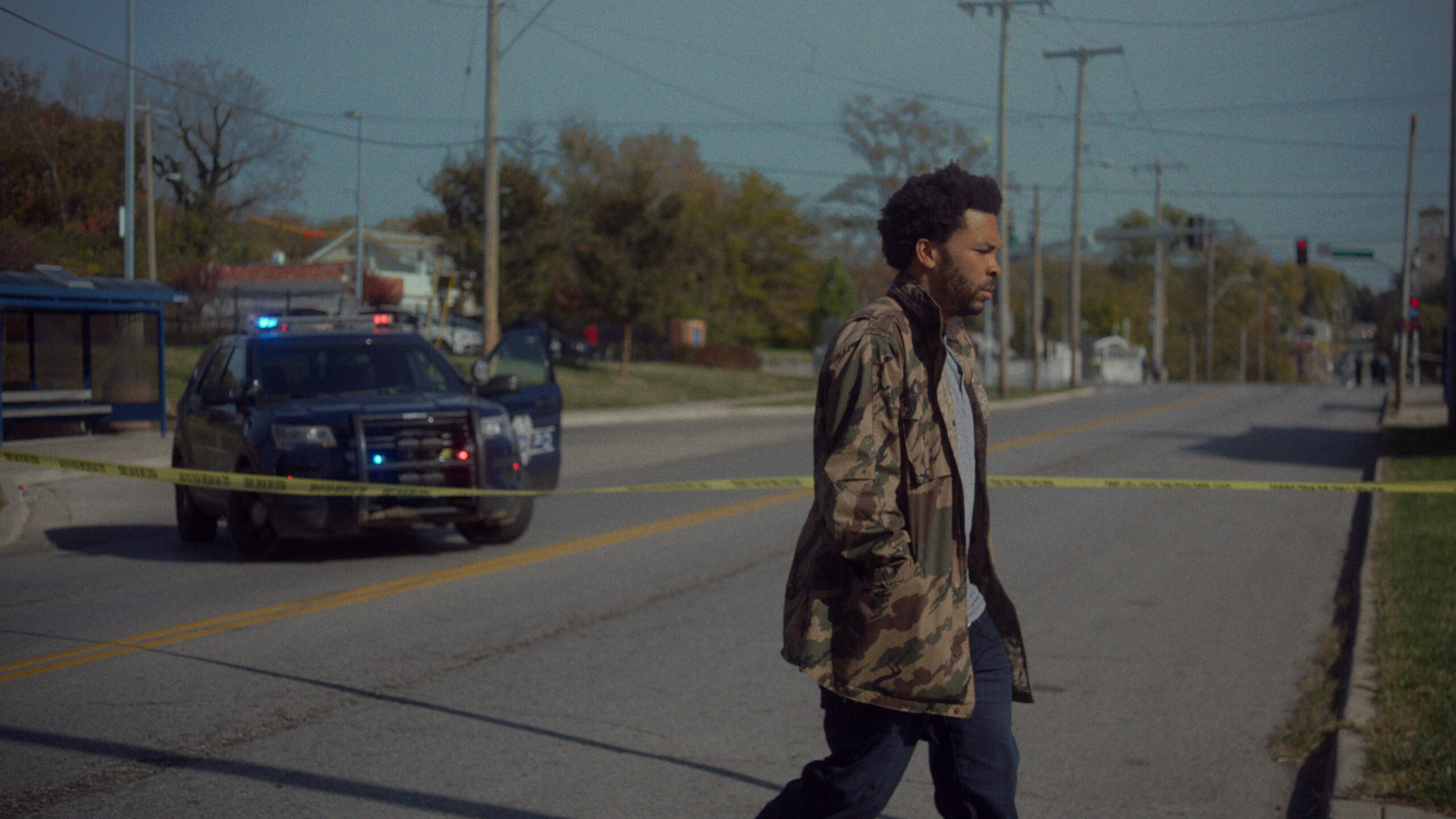Pick of the Day: “Olga”
An Olympic hopeful finds herself torn between her own dreams and a sense of duty to her country, family, and friends in “Olga,” a drama steered by a revelatory performance from real-life gymnast Anastasiia Budiashkina. In her beyond impressive...

An Olympic hopeful finds herself torn between her own dreams and a sense of duty to her country, family, and friends in “Olga,” a drama steered by a revelatory performance from real-life gymnast Anastasiia Budiashkina. In her beyond impressive on-screen debut, Budiashkina takes on the role of Olga, a gifted Ukrainian gymnast in crisis. Following an assassination attempt on her mother, a prominent investigative journalist who is openly critical of President Viktor Yanukovych, Olga is exiled in Switzerland, where she’s able to immigrate because her late father was Swiss. The year is 2014.
Olga can resume training for the European Championships, but she’s no longer working and playing alongside her best friends. The former captain of her team is now on trial with the Swiss team, and the girls she’s training with are, with few exceptions, uninviting, and even hostile. There’s nothing ambiguous about how they see Olga: she’s an outsider. And she is very much made to feel like one. Further fueling her sense of alienation is the fact that she needs to give up her Ukrainian citizenship for Swiss in order to compete.
When she’s not breaking the rules by training alone, Olga spends all of her free time talking to her mom and her BFF, a former teammate, about the uprising in Kyiv, and reading news about the protests. Everyone she cares about is involved in what becomes known as the Maidan Revolution — they are fighting for a freer country, while she’s representing a nation she feels no connection to on the world stage, wearing their colors, standing under their flag. Her loved ones are risking everything, including their lives, to take on an unjust government, and she’s surrounded by teammates who don’t even know who Yanukovych is. Her father’s family in Switzerland, who are nearly strangers to her, make little effort to connect with her, and have very conservative views about the uprising, characterizing protestors as senseless, violent vandals. Olga has become a helpless bystander living in what seems to be a different world.
“Olga” is very much an exploration of identity, grappling with where its titular character’s loyalties lie, and what that says about who she is. When she runs into her old coach from Ukraine, who is now working on the Russian team, she doesn’t shy away from making her feelings about him known. Hurt, he tries to justify his move by suggesting that sports aren’t political. Olga doesn’t buy it — she’s been wrestling with her own feelings of complacency far too long to believe otherwise.
Budiashkina is on-screen nearly every second of the film, remaining captivating throughout, whether she’s navigating the uneven bars or the awkward social dynamics of the locker room.
“Olga” opens in NY today, June 24, and LA July 8, with 10 percent of proceeds to be donated to Direct Relief in Ukraine. The film’s content and themes are, of course, particularly timely as Russia’s invasion of Ukraine rages on, with thousands of Ukrainians dead and millions displaced. Without spoiling the film’s ending, one of its final moments hits much differently in the context of what’s currently going on — what was meant to be hopeful feels haunting.

 ValVades
ValVades 































